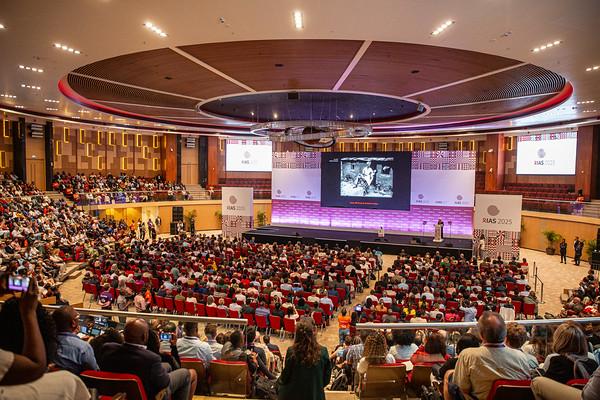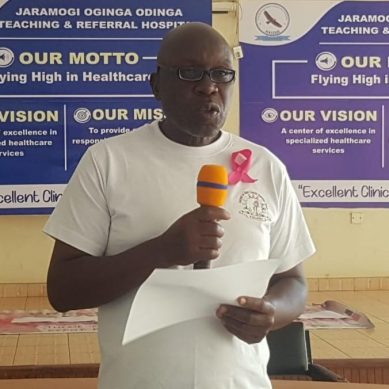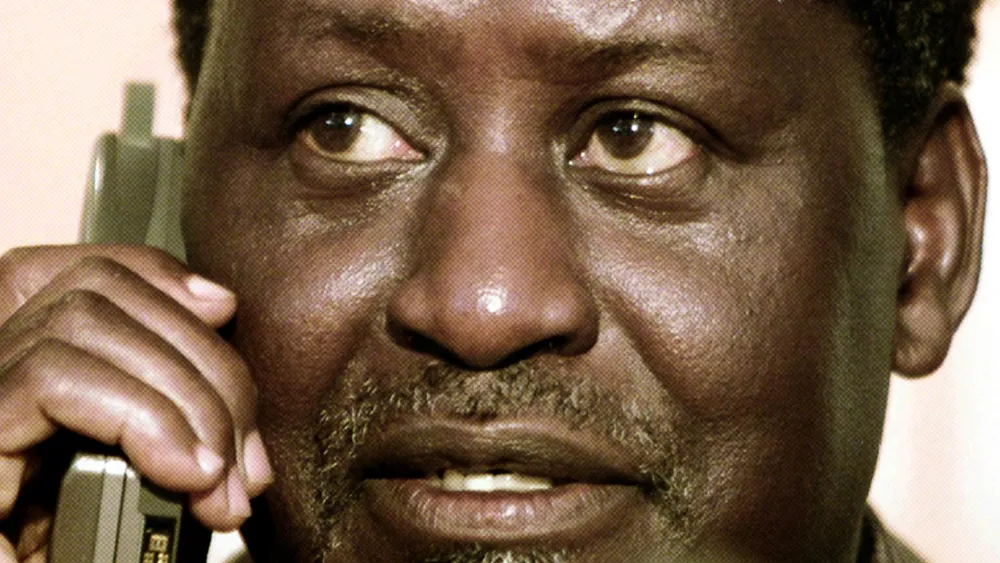
As the curtains fall on the 13th International AIDS Society (IAS) Conference on HIV Science in Kigali Rwanda, one message reverberated across Africa in health and economic sectors: the global HIV response stands at a critical crossroads.
In the face of growing scientific breakthroughs and shifting political will, IAS 2025 has emerged as both a sobering reflection and an urgent call to action.
The conference, hosted in Kigali, brought together global leaders, scientists, advocates and community voices. It highlighted what many in the HIV response have long known but few dare to declare out loud: despite remarkable progress, the fight against HIV is more fragile than ever.
Over the past few decades, humanity has made undeniable strides – antiretroviral therapy (ART), community-led care, pre-exposure prophylaxis (PrEP) and most recently, long-acting injectables like lenacapavir. But experts warned that these advances could be easily reversed if global and domestic financing continues to waver.
“Advanced HIV disease is making a quiet return,” says Nelson Otuoma. “We’ve been sprinting toward innovation, but we can’t afford to forget the fundamentals – testing, linkage to care and human-centred delivery,” Nathan Ford of WHO Geneva, observes.
Much of the discussion at IAS 2025 focused on political will. With international funding under pressure – most notably, cuts to US HIV funding in early 2025 – African governments are being urged to lead with urgency. One of the most sobering realities of IAS 2025 was the impact of a political decision on the HIV response.
“Political decisions started investments but moving on implications are clear: African countries must now rise to the challenge with bold, authentic leadership. You are on your own, the world seems to say. But true leadership knows: we never really were alone – we are many and we are capable,” Executive Director of Global Network of People Living with HIV (GNP+) Florence Anam, says.
“This is a cusp moment for African leadership,” said James Nyikal, Chair of Parliamentary Committee on Health. “The world may be signalling that we’re on our own – but in truth, we’ve always had the capacity to lead ourselves. Now we must.”
Other Kenyan parliamentarians in attendance echoed this sentiment, emphasising their critical role in driving national HIV responses. As gatekeepers of health budgets and oversight, legislatures must now ensure that HIV priorities are funded, implemented, and monitored with integrity.
Experts called on governments to build adaptive, integrated health systems –ones that reflect the complex lives of people they serve. Integration, not fragmentation, was the message: systems that test for multiple diseases, link care with dignity, and put clients at the centre.
“Design for the people. Respond to their realities,” urged Rosemary Mburu. “When you plan around patients – not systems – you get results.”
To the global donor community, the message from Kigali was firm but constructive: do not retreat – recalibrate. With transition looming in many low- and middle-income countries, catalytic support is more essential than ever.
“This isn’t the moment to pull back,” said Angella Langat. “This is the moment to invest wisely – support what works, accelerate innovations, and ensure that science turns into real-world impact.”
IAS 2025 also celebrated the power of science. From long-acting PrEP to improved diagnostics and AI-supported service delivery, the innovations on display were game-changing. But as many noted, innovation without implementation is merely potential.
Researchers were urged to go beyond the lab and into communities – to test solutions not just for efficacy, but for usability, equity, and cultural fit. Above all, IAS 2025 re-centred the role of communities. Speaker after speaker emphasised that community organisations are not just implementers – they are watchdogs, innovators, and connectors.
“Communities are the heartbeat of the response. There can never be science without communities,” said Rosemary Mburu. “They see the cracks before anyone else. They speak truth to power. They hold the system accountable.”
To neglect or underfund them, many warned, would be more than a policy failure – it would be a moral one. Ending AIDS is no longer just a matter of science or money – it is a moral imperative. The tools exist. The data is clear. The roadmap has been drawn. What remains is the question of will.
“This is not just a health issue,” said one closing speaker. “It is about justice. About dignity. About choosing solidarity over silence.”
To reach the goal of ending AIDS as a public health threat by 2030, the world must act with courage and conviction. This demands a bold and comprehensive approach, beginning with the alignment of resources to meet the true scale of the need. It is not enough to simply pledge support; investments must be commensurate with the challenges faced.
At the same time, efforts must be executed with efficiency and transparency, ensuring that every action is both impactful and accountable. Central to this mission is a commitment to listen – truly listen – to the voices of communities most affected. Their experiences, insights, and leadership are indispensable in shaping effective responses.
Above all, this journey requires fearless leadership: a willingness to confront difficult truths, make tough decisions and champion equity and justice in the face of adversity. Only through such courage can we hope to bring an end to AIDS and fulfill the promise of a healthier, more just future for all.
“IAS 2025 leaves us with a choice. Retreat into fragmented, short-term solutions – or rise together in a shared, long-term commitment to health equity. The path may be difficult, but the destination is clear. History will remember whether we turned back – or stepped forward with courage,” Mburu says.
- A Tell Media / KNA report / By Violet Otindo







